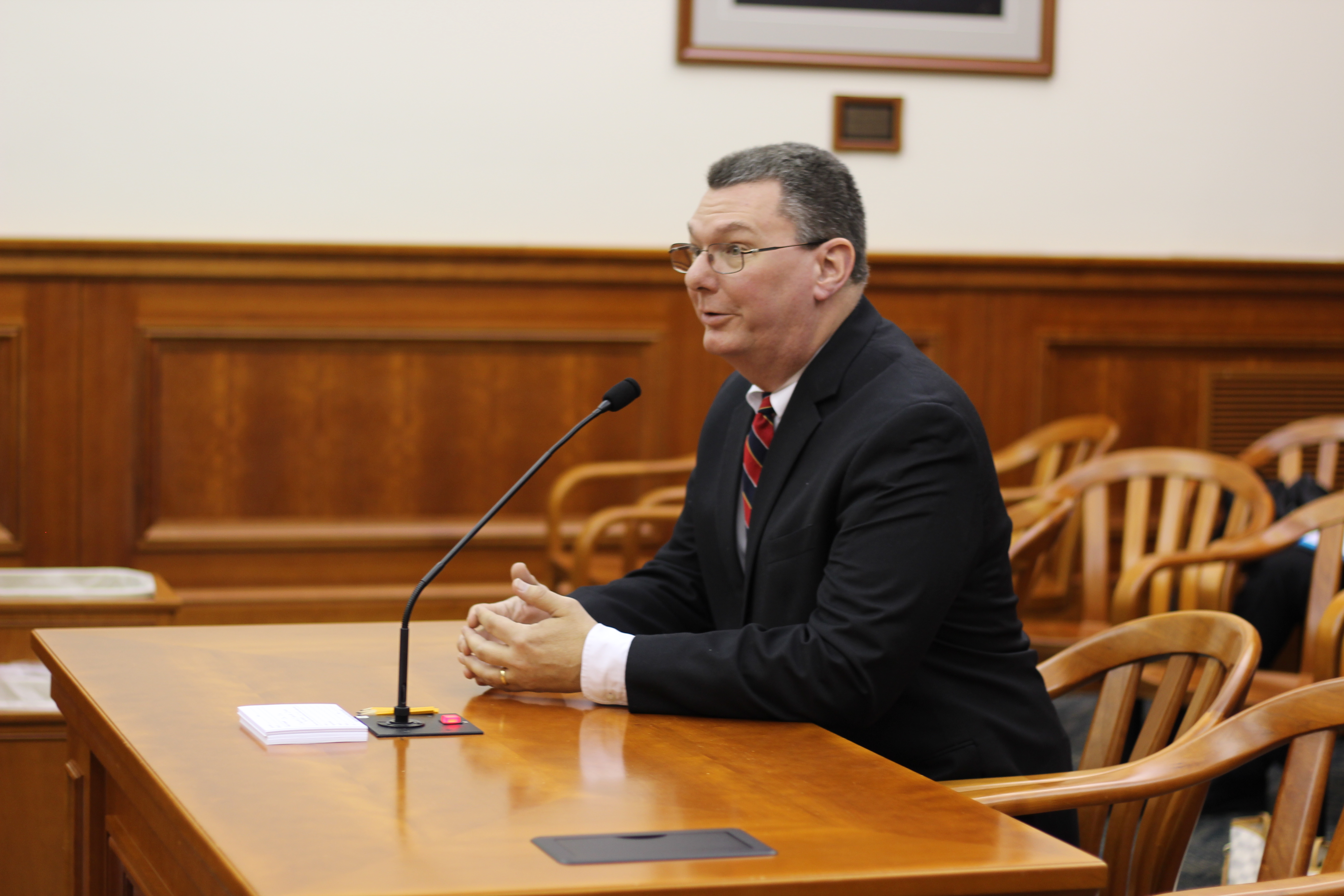On February 6, John Cooper, CAPPS policy director, leaders of two Michigan business associations, a crime survivor organization, a faith coalition, and a conservative interest group testified before the House of Representatives Law and Justice Committee in support of HB 5377. Michigan Department of Corrections (MDOC) is neutral on the bill but provided supporting information to the Committee. John Cooper, CAPPS policy director, provided written testimony as time was limited.
Currently, incarcerated people who are eligible for parole undergo a rigorous risk assessment by the parole board. By law, board members can only deny parole for “substantial and compelling” reasons when individuals’ scores indicate they are a low risk to public safety. Unfortunately, the law did not define those reasons.
HB 5377, sponsored by Representative Klint Kesto (R – District 39), defines “substantial and compelling” reasons for parole denials. The bill creates an objective parole process while preserving the parole board’s ability to deny parole to any individual for objective safety concerns.
Cooper wrote:
HB 5377 reduces the risk of inconsistent parole decisions for similarly-situated prisoners. It puts the focus of the parole release on whether the prisoner presents a credible risk to public safety if released, and it creates objective standards for making this determination.
By increasing the transparency and predictability of the parole process, it increases prisoners’ incentives to invest in their own rehabilitation.
Lindsay Case Palsrok, senior director of government relations at the Detroit Regional Chamber, and Veronica Horn, senior director of government relations at the Saginaw County Chamber of Commerce, urged the Committee to support the bill, as an opportunity to support Michigan’s business climate. Palsrok said:
Low-risk parole-eligible people can become productive members of our workforce.
Keith den Hollander, chairman at the Christian Coalition of Michigan, said it is not just, moral or cost-effective to continue punish people when there is no public safety benefit. His faith and that of his members has taught him that “all people are of equal value and are redeemable.”
Shari Ware, executive director of Still Standing Against Domestic Violence and a survivor of domestic violence, urged the Committee to support rehabilitation and smart investments in community safety. Still Standing is a nonprofit organization serving men, women, and children affected by domestic violence through education, prevention, and awareness. Ware said:
We believe in the power of restoration and that anyone who is willing to change their behavior can be transformed by the renewing of their minds, fortifying the family and strengthening our communities.
Kyle Kaminiski, MDOC legislative liaison, said the parole board has become more evidence-based over time and emphasized that “what this bill does is lock this in for future parole boards.”
A number of organizations support the bill in addition to CAPPS, including the ACLU of Michigan, Americans for Prosperity, Christian Coalition of Michigan, Criminal Defense Attorneys of Michigan (CDAM), Detroit Regional Chamber, Michigan Council on Crime and Delinquency, Saginaw County Chamber of Commerce, and Still Standing Against Domestic Violence. Family members of Nelson Sumpter submitted written statements in support of the bill. Currently, the MDOC does not take a position on the bill but is in support of the concepts outlined in the proposed legislation.
>>Read CAPPS’s written testimony in support of HB 5377
>>Read ACLU of Michigan’s written testimony in support of HB 5377
>>Read the Detroit Regional Chamber letter in support of HB 5377
>>Read the House Fiscal Agency’s Legislative Analysis (dated February 5, 2018)

